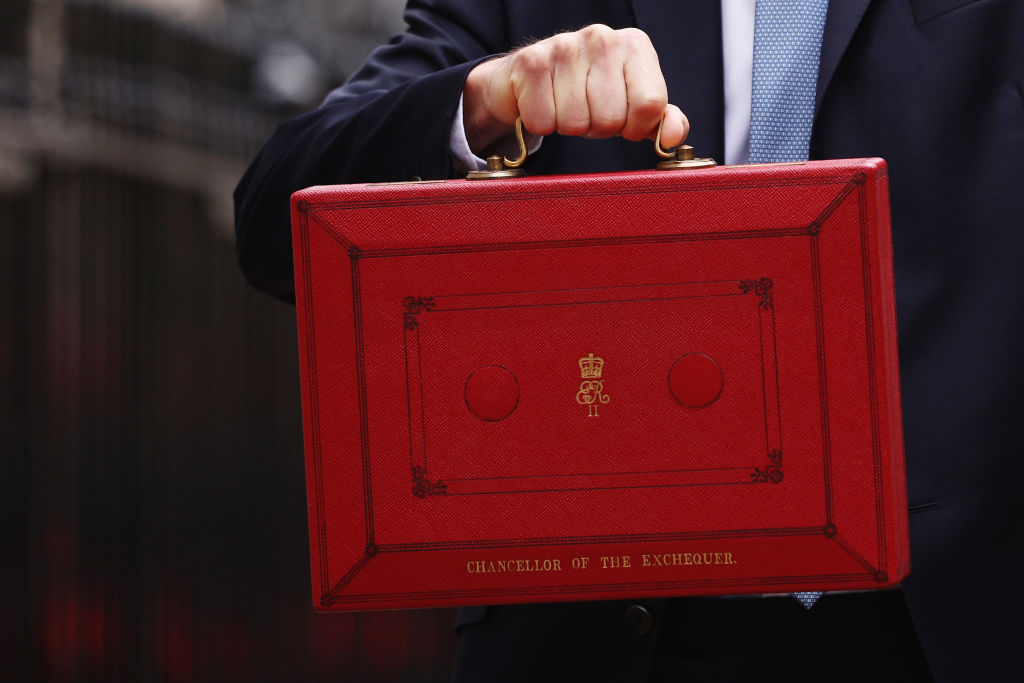In the Budget we heard plenty about welfare reform and how Conservatives believe in hard work. But in the small print, the OBR reveals it expects just 10,000 to go back to employment because of tighter conditionality on benefits: a tiny sliver of the 5.2 million on out-of-work benefits. A greater number – 75,000 – are expected back to part-time work due to greater childcare support. But the biggest number – 160,000 – are expected from something Jeremy Hunt did not mention at all: migration. This is perhaps the biggest unspoken feature of today’s Budget.
Overall, the OBR says it now assumes net migration to settle at 245,000 a year – up from 205,000 it expected only last November and 129,000 in March last year. So much for the Cameron-era pledge to cut this to ‘tens of thousands’. This has pretty significant ramifications. The UK economy is expected to grow by 1.9 per cent in 2027 for example, but the OBR says a quarter of this – 0.5 per cent – will come from migration it did not previously expect. In November, the OBR thought that 1.3 million people would come over the next five years, now they think this will be closer to 1.6 million. So this swells GDP (but not, obviously, GDP per capita).
The OBR also warns that it is wrong to still see migrants as worker bees. There are now so many students and family reunion in the mix that the migrant cohort is no more (or less) likely to work than the native population.
One further point to consider: the Budget now begins its process through parliament via the Finance Bill. Its passage coincides with the Illegal Migration Bill, which passed its Second Reading on Monday. Some MPs on the Tory right believe that the measures announced in the latter piece of legislation do not go far enough in taking back control of Britain’s borders. The timeline of these two bills could offer those MPs who are dissatisfied with both the Budget and the government’s migration proposals the chance to cause ministers headaches on one or both of these issues.







Comments